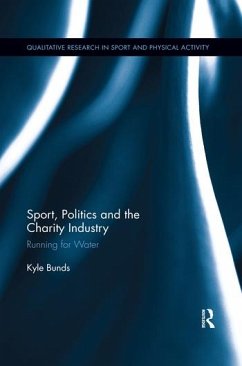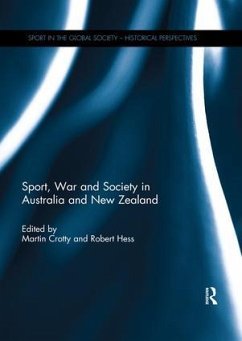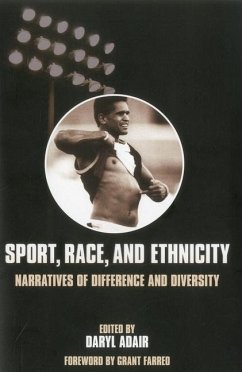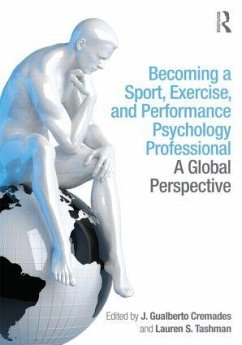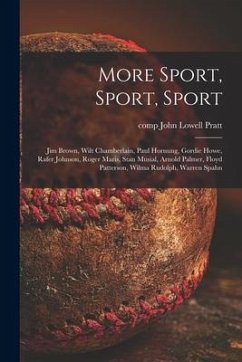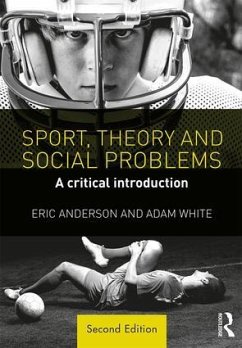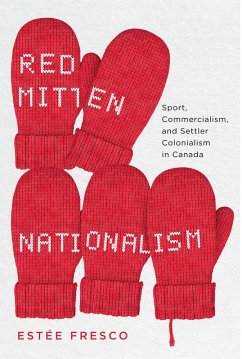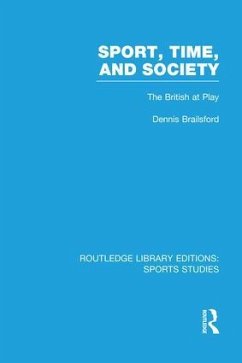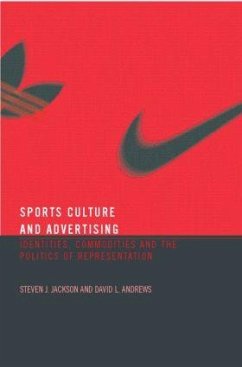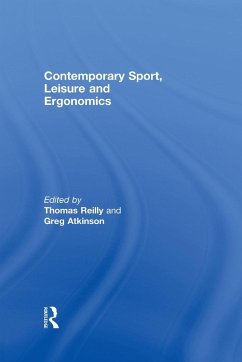Nicht lieferbar
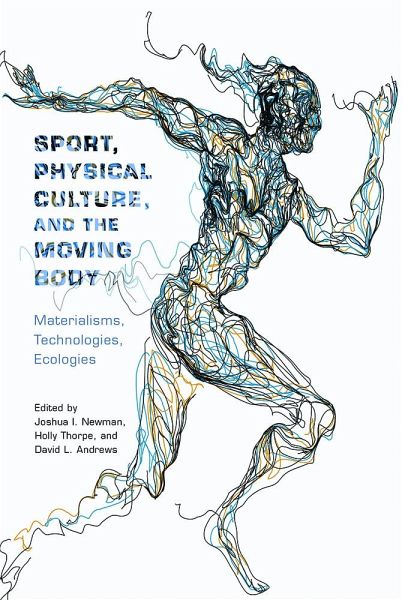
Sport, Physical Culture, and the Moving Body
Materialisms, Technologies, Ecologies
Herausgeber: Newman, Joshua I; Andrews, David; Thorpe, Holly
Versandkostenfrei!
Nicht lieferbar
Sport, Physical Culture, and the Moving Body explores the extent to which the body, when moving about active body spaces (the gymnasium, the ball field, the lab, the running track, the beach, or the stadium) and those places less often connected to physical activity (the home, the street, the classroom, the automobile), is bounded to technologies of life and living, as well as to the political arrangements that seek to capitalize upon such frames of biological vitality. To do so, the authors problematize the rise of active body science (kinesiology, sport and exercise sciences, performance b...
Sport, Physical Culture, and the Moving Body explores the extent to which the body, when moving about active body spaces (the gymnasium, the ball field, the lab, the running track, the beach, or the stadium) and those places less often connected to physical activity (the home, the street, the classroom, the automobile), is bounded to technologies of life and living, as well as to the political arrangements that seek to capitalize upon such frames of biological vitality. To do so, the authors problematize the rise of active body science (kinesiology, sport and exercise sciences, performance biotechnology) and the effects these scientific interventions have on embodied, lived experience. Sport, Physical Culture, and the Moving Body offers a groundbreaking departure from representationalist tendencies and orthodoxies brought about by the cultural turn in sport and physical cultural studies. It brings the moving body and its physics back into focus: re-centering moving flesh as the locus of social order, environmental change, and the global political economy.





